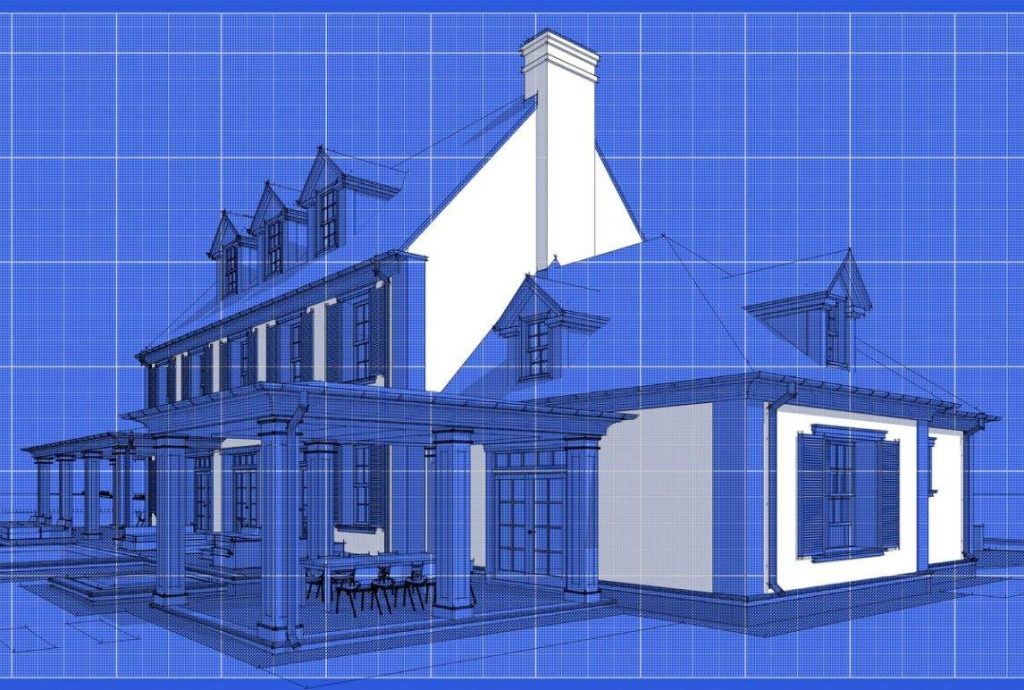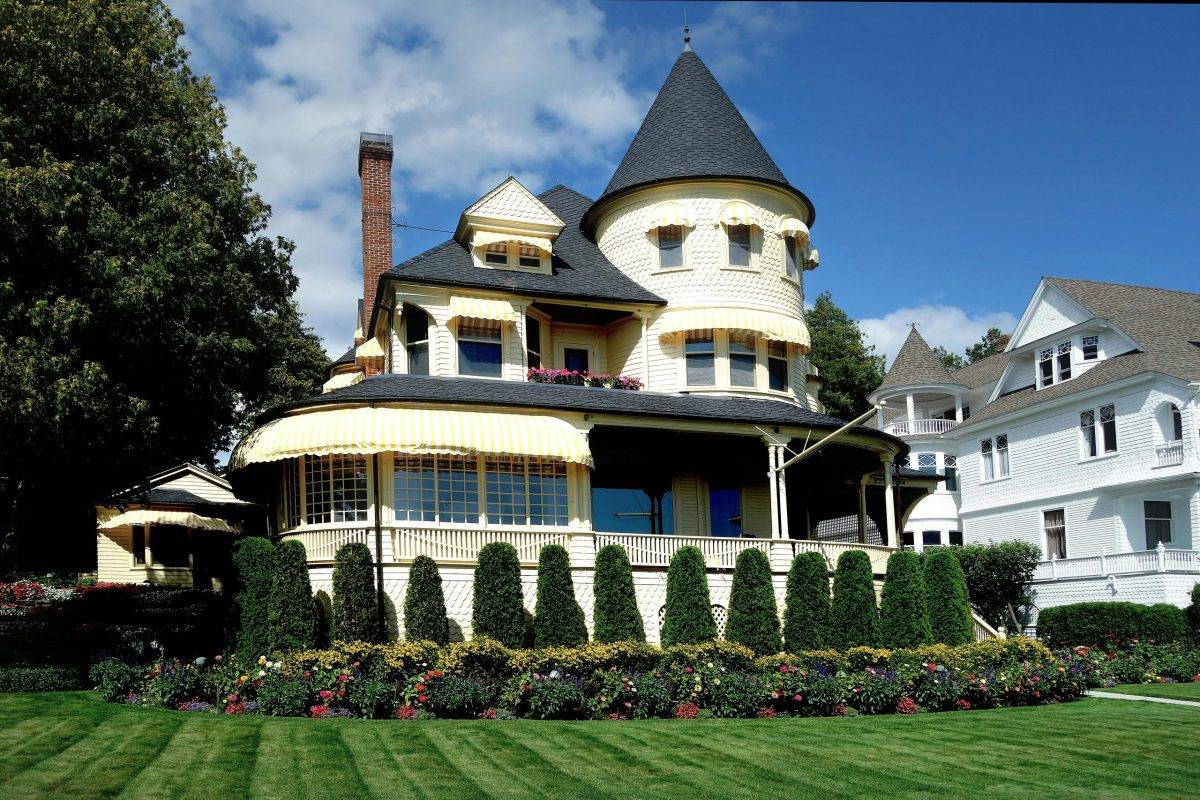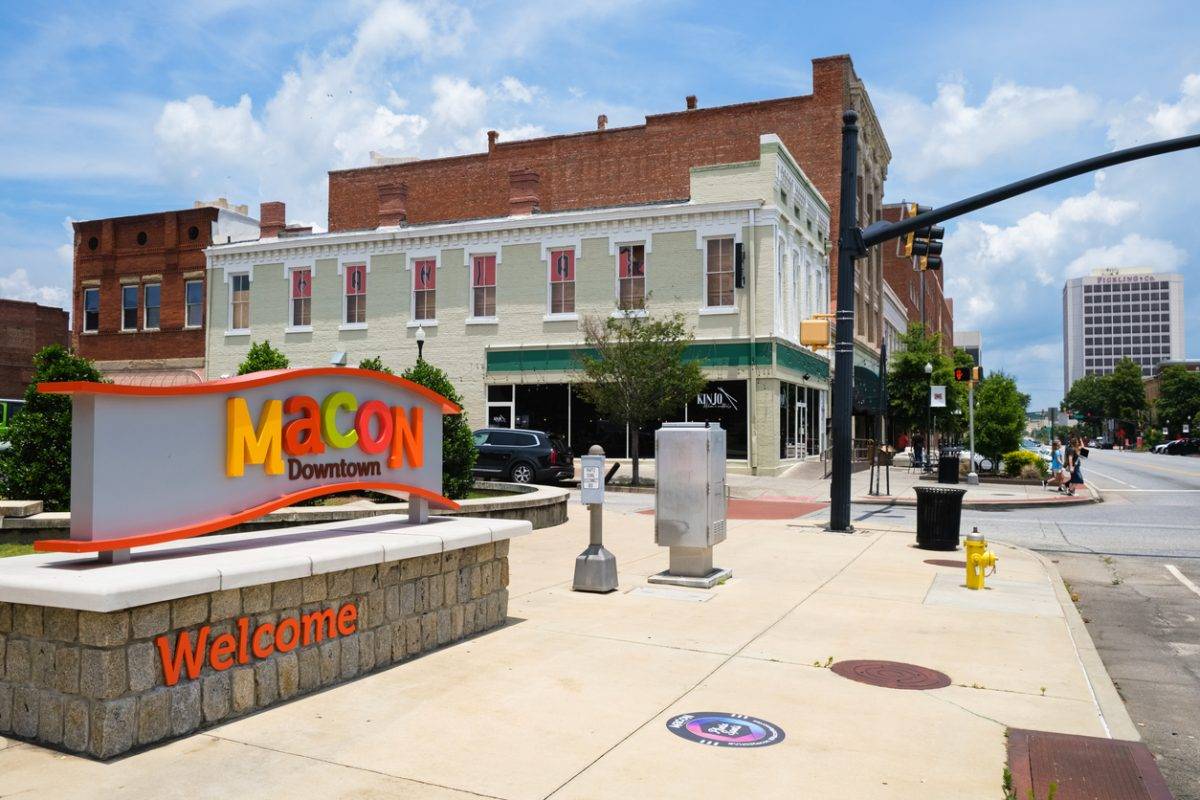Grandfathered Property Rights in Georgia
When zoning laws and land-use regulations change, property owners sometimes find themselves caught between the “old rules” and the “new rules.” This is where the concept of being “grandfathered” comes in. In real estate and zoning, the term refers to properties or uses that were legal when they were first established, but that no longer comply with current ordinances. Instead of requiring owners to immediately conform, the law often allows those properties to continue under what is known as a nonconforming status. Understanding how grandfathered property rights work is especially important for Georgia property owners, since zoning authority in the state rests largely with local governments such as counties and municipalities. Learn about Grandfathered Property Rights in Georgia and Zoning, Including Macon-Bibb County Rules and Local Guidance. By Joanna “JoJo” Jones, Macon’s Top Agent.
What Does “Grandfathered” Mean?
The word “grandfathered” is a casual way to describe a legal nonconforming use, structure, or lot. The idea is that property owners should not be penalized if the rules change after they have already invested in a home, business, or piece of land.
For example:
A commercial business might have been operating in an area that was later rezoned for residential use. The business could remain in place, even though new commercial operations would not be allowed there today.
A house may sit closer to the property line than current setback requirements allow. If the home was built before those setbacks were adopted, it may continue to stand in its original position.
While grandfathering provides protections, it does not create unlimited rights. Most zoning ordinances in Georgia limit how nonconforming properties can be altered, expanded, or rebuilt.
Key Features of Grandfathered Properties
Lawful at the Start
To be grandfathered, a property or use must have been legal under the zoning or building rules that were in place at the time it was established. Illegal or unpermitted uses cannot later claim nonconforming protection.Restrictions on Expansion
A grandfathered property may continue its use “as is,” but expanding or intensifying that use often requires special approval. For example, a nonconforming commercial building in a residential district may not be allowed to add a large addition without a variance or rezoning.Abandonment or Discontinuance
If a nonconforming use is abandoned for a set period of time—often six months to a year, depending on the local ordinance—the right to resume that use may be lost. Once gone, the property must comply with current zoning rules.Damage and Reconstruction
If a structure with grandfathered status is significantly damaged by fire, storm, or other causes, rebuilding is not always guaranteed. Some ordinances allow reconstruction if it occurs within a specific timeframe, while others require compliance with the new code.Transfer of Property
In most cases, grandfathered rights “run with the land.” That means if the property is sold, the new owner inherits the same nonconforming status—subject to the same limitations.
Grandfathered Rights in Georgia
Georgia law recognizes the principle of nonconforming uses, but the specific rules are set by each county or city through its zoning ordinance. That means property owners in Atlanta, Savannah, or Macon may all encounter slightly different standards.
Generally, Georgia’s courts and local governments hold to three core principles:
Fairness: A property owner who lawfully established a use should not lose it simply because the rules later changed.
Local Control: Cities and counties write their own rules about abandonment, expansion, or reconstruction.
Limited Exceptions: Grandfathering is not intended to last forever. Many local ordinances aim to reduce or eliminate nonconforming uses over time.
Because Georgia gives cities and counties broad zoning authority, it is essential for property owners to understand the unique provisions in their community.
Grandfathering in Macon and Macon-Bibb County
In Macon-Bibb County, zoning and land development are governed by the Comprehensive Land Development Resolution. This document includes provisions for nonconforming uses, structures, and lots.
Some practical examples in Macon include:
Historic Districts: A property owner may notice a feature on a neighboring home that is no longer permitted under today’s design guidelines. That feature may be grandfathered, meaning it was legal when built but could not be added now.
Commercial Redevelopment: Older commercial buildings in areas undergoing revitalization may not meet current parking, landscaping, or setback rules. Many are allowed to continue in use but face restrictions on major alterations.
Residential Properties: Homes that were built decades ago may sit on smaller lots than today’s minimum lot size requirements. These lots are usually allowed to remain, but new construction must follow the current rules.
Because Macon-Bibb actively enforces zoning and design standards, it is important for property owners to verify whether a feature is truly grandfathered, rather than assuming it is automatically legal.
Consulting the Macon-Bibb County Planning & Zoning Commission
For property owners in Macon and the surrounding Bibb County area, one of the best resources for clarification is the Macon-Bibb County Planning & Zoning Commission. This commission is responsible for administering the zoning code, interpreting nonconforming use provisions, and ensuring development aligns with community goals.
Visiting or contacting the commission can help you:
Confirm Grandfathered Status: Determine whether a property is officially recognized as nonconforming.
Understand Limitations: Learn what changes are allowed without losing grandfathered rights.
Explore Options: If expansion or redevelopment is desired, the commission can explain possible avenues such as applying for a variance or rezoning.
Stay Informed: Regulations can change, and the commission provides the most up-to-date guidance.
Whether you are a homeowner, developer, or investor, reaching out to the Planning & Zoning Commission is a proactive step. It helps prevent costly mistakes, ensures compliance, and gives peace of mind when making property decisions in Macon-Bibb.
Why This Matters for Property Owners
For Georgia property owners—whether in Macon, Atlanta, or a smaller county, grandfathered status can significantly affect property value, renovation plans, and investment decisions. Before purchasing or altering a property, it’s important to:
Check the zoning designation and compare it with the property’s current use.
Confirm grandfathered status with local zoning staff or a land use attorney.
Understand the limits on expansion, abandonment, or rebuilding.
Seek professional advice if you are unsure—since missteps can be costly.
Final Thoughts
Grandfathered property rights in Georgia serve as a balance between fairness to existing property owners and the community’s interest in orderly development. While the concept protects owners from sudden changes, the protections are not absolute. Rules vary by city and county, and in places like Macon-Bibb County, enforcement can be strict.
If you own or are considering buying property that may have grandfathered status, the safest step is to consult both the local planning office and a qualified real estate professional, like Joanna “JoJo” Jones. For those in Macon, the Macon-Bibb County Planning & Zoning Commission is an essential resource. Taking the time to get clarity now can save significant time, money, and stress in the future.
Work With a Local Expert
If you’re thinking about buying, selling, or investing in property in Macon, having the right guidance is key, especially if zoning or grandfathered rights are involved. As one of Macon’s most trusted real estate professionals, I can help you understand how these rules may affect your property plans. Whether you’re curious about setbacks, zoning, or the value of a grandfathered feature, I’ll connect you with the right resources and make sure you move forward with confidence.
Contact me today to discuss your real estate goals in Macon-Bibb County; I’d love to help you make your next move a smart and informed one. Learn about Listing Agent Marketing by Joanna “JoJo” Jones.




